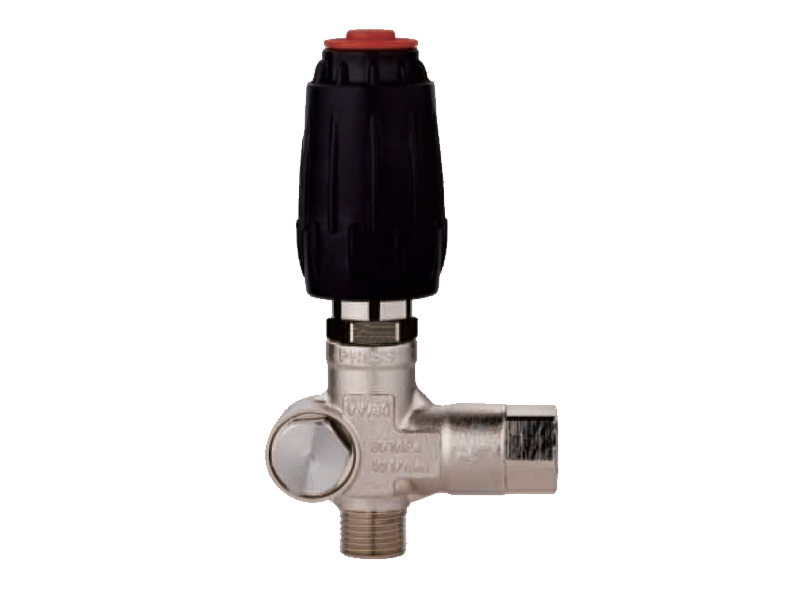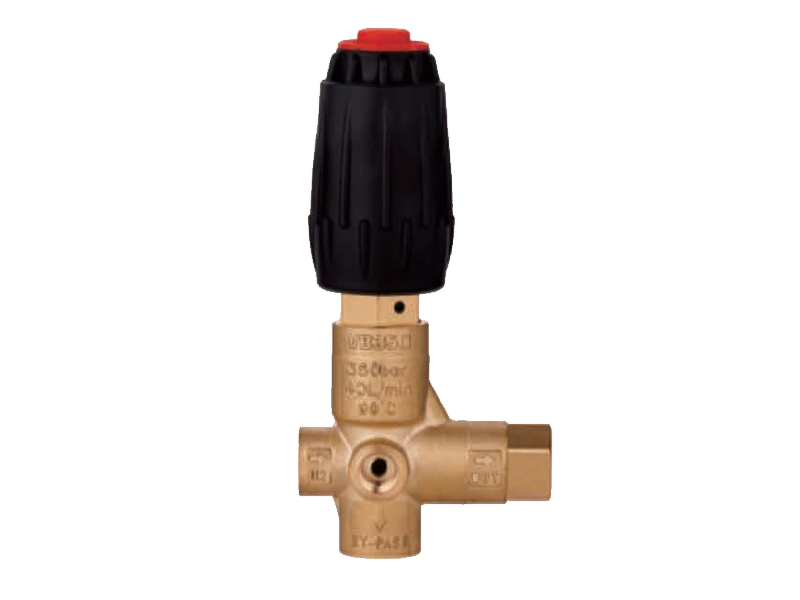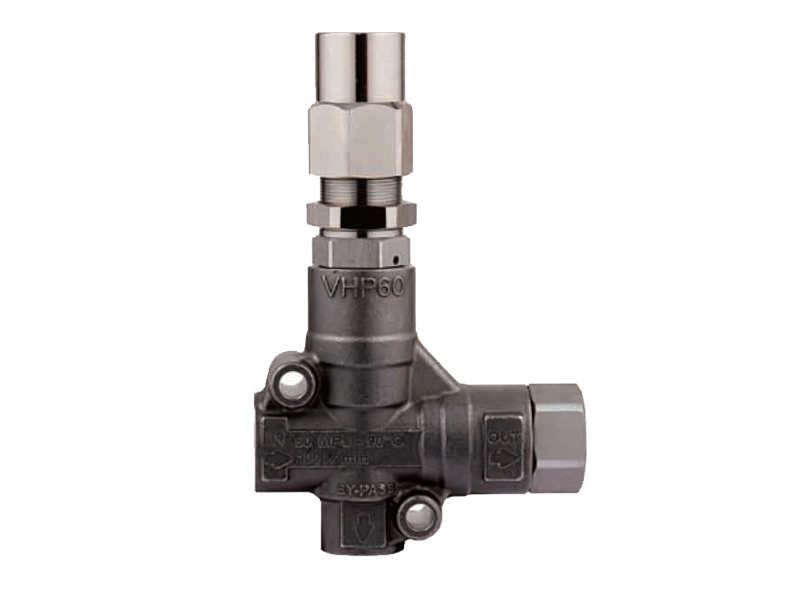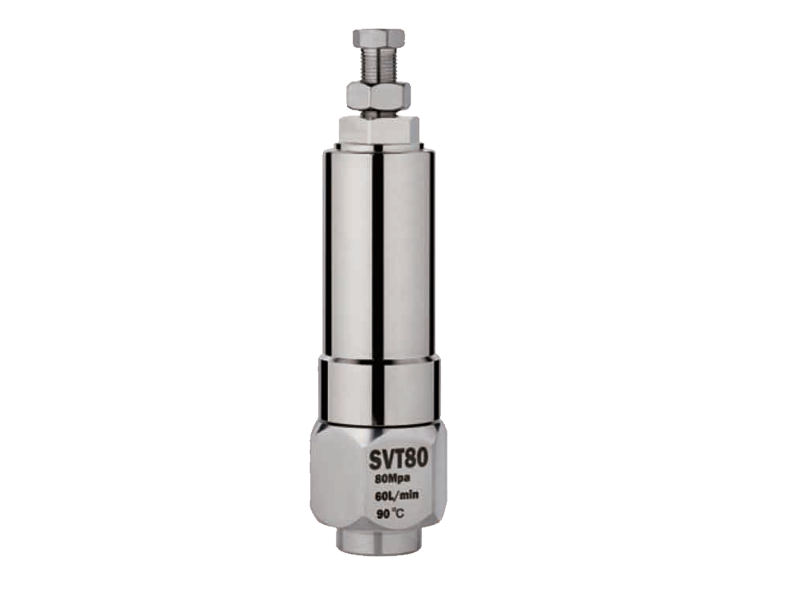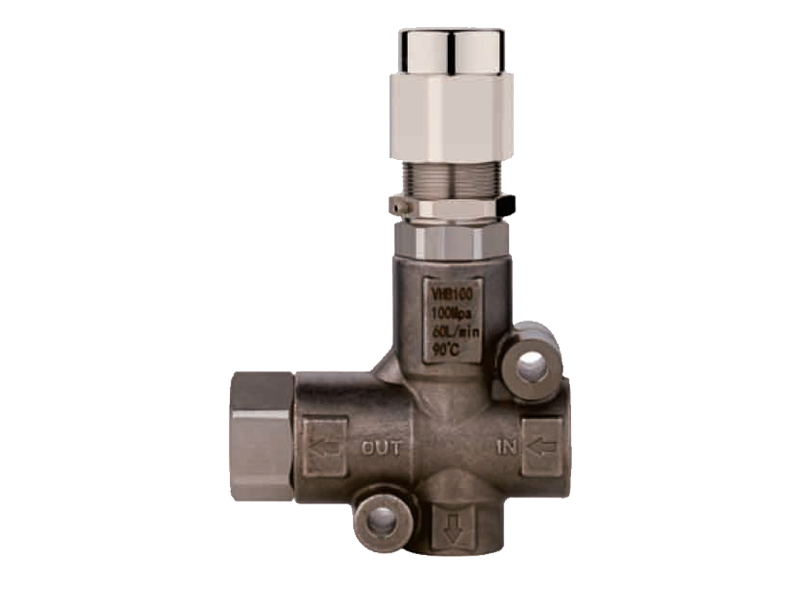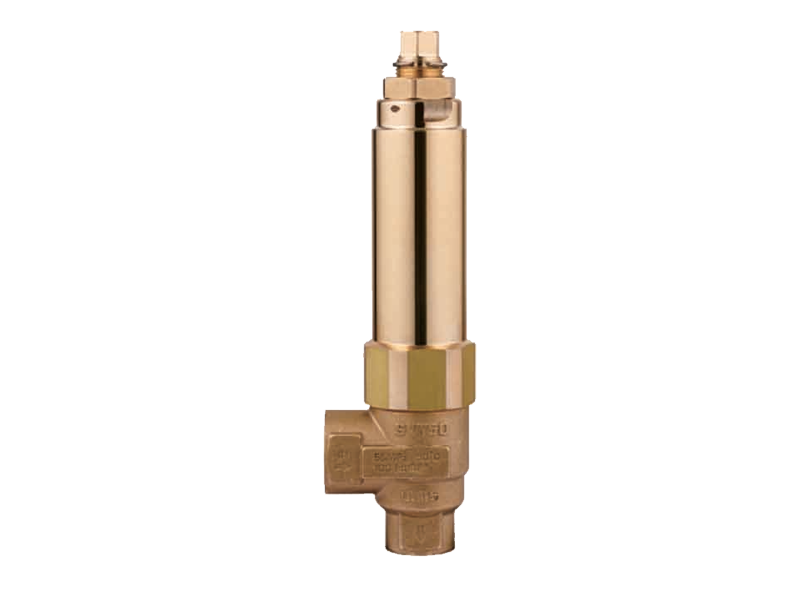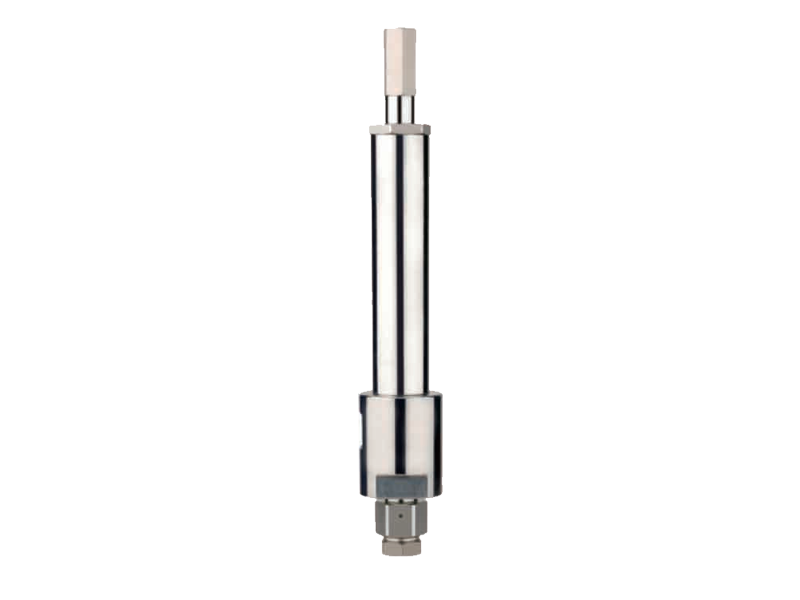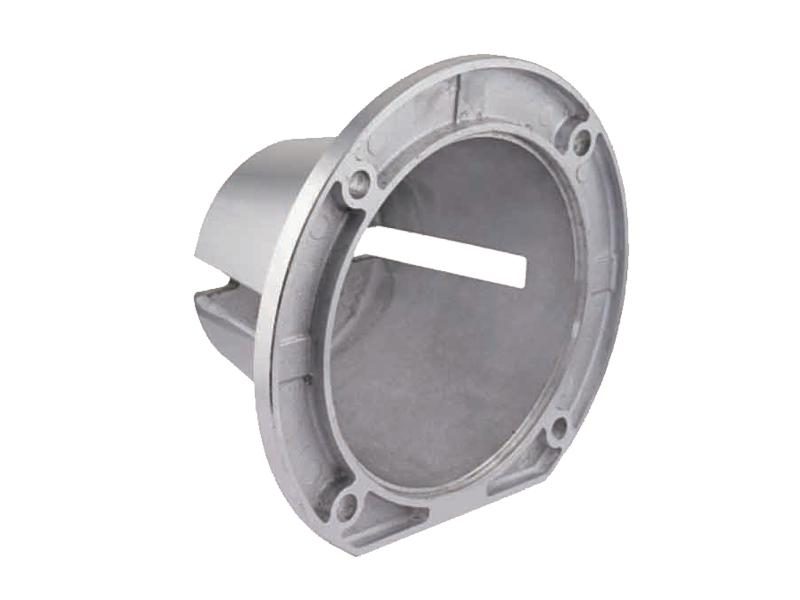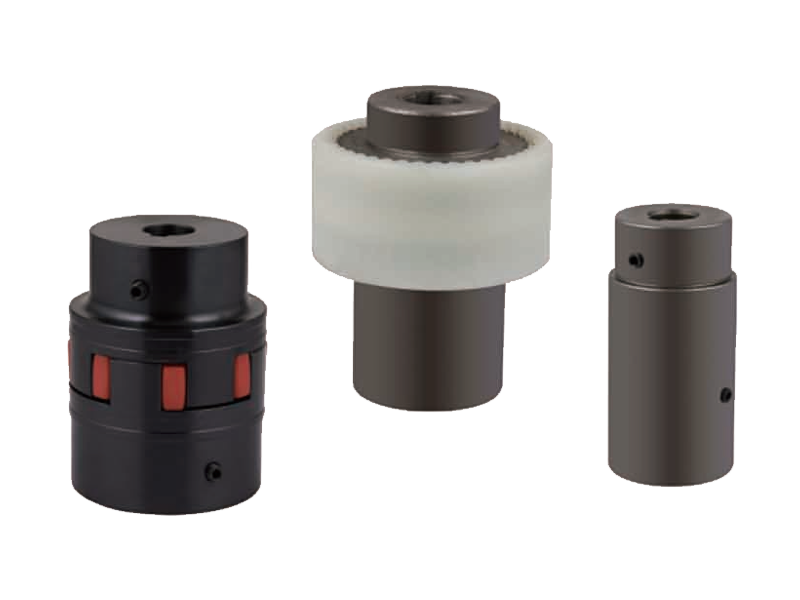How to Prevent Chemical Motor Pump Failures in Industrial Applications?
In industrial applications, particularly in agriculture and chemical processing, motor pumps play a crucial role in transferring liquids and chemicals for various operations.
Here are some practical tips on how to prevent chemical motor pump failures in industrial settings.
1. Proper Selection of Pump for Specific Applications
One of steps in preventing pump failure is choosing the right pump for the job. For example, chemical motor pumps need to be selected based on the type of chemicals they will handle. Some chemicals are corrosive, while others may be abrasive. Choosing a pump that is resistant to these substances is key to avoiding premature wear and tear.
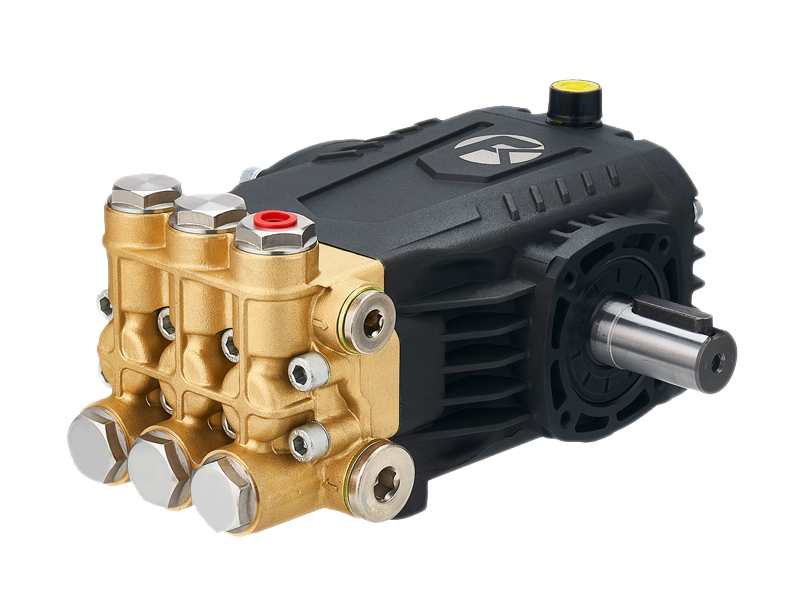
Similarly, agriculture water pump motors need to be chosen based on the flow rate and pressure requirements specific to agricultural operations. For example, pumps used for irrigation in farms need to be able to handle high volumes of water without straining the motor. Selecting the right size and type of pump will ensure smoother operations and prevent overloading the motor.
For more eco-friendly operations, a battery motor water pump might be a good choice. These pumps are often used in remote or off-grid agricultural operations where electricity is not available. They are also less likely to cause environmental damage since they do not rely on fossil fuels. However, ensuring that the right battery size and charging protocol are used is essential to preventing motor failure.
2. Routine Inspection and Maintenance
Regular maintenance is essential for the prevention of pump failure, particularly in industrial settings where pumps operate under constant pressure. Checking and maintaining components such as seals, bearings, and motors can significantly extend the lifespan of your pump. For chemical motor pumps, it's crucial to inspect seals and gaskets regularly to ensure they are not worn out or damaged by the chemicals being pumped.
In the case of agriculture water pump motors, regular checks for debris and dirt buildup around the motor or pump parts can help avoid blockages that could cause the system to overheat. In agricultural environments, pumps are often exposed to dust, mud, and other debris, so ensuring the motor is clean and well-maintained is crucial for preventing damage.
For battery motor water pumps, it's important to check the battery condition regularly. Overcharging or undercharging can reduce the life of the battery and eventually cause motor failure. Ensuring that the battery is charged according to manufacturer recommendations will help optimize performance and prevent failure during critical operations.
3. Monitor Operational Conditions
Overworking a motor pump is one of the professional causes of failure. In many industrial settings, pumps operate under high loads or continuously without breaks, which can put significant strain on the motor. It's important to monitor the operational conditions and ensure that the pump is not being pushed beyond its capacity.
For chemical motor pumps, ensure that the chemical solution being pumped does not exceed the recommended viscosity or temperature range. High temperatures or thickened fluids can increase friction within the pump, causing the motor to overheat or seize. For this reason, using the pump within its specified operating conditions is essential for preventing motor failure.
Similarly, agriculture water pump motors should not be overloaded. These pumps are designed to handle specific flow rates and pressure, so exceeding those limits can result in motor burnout. Using flow meters or pressure gauges can help monitor the operational status and alert operators if the pump is working outside its good range.
4. Proper Lubrication and Cooling Systems
Lubrication plays a vital role in reducing friction and wear on the internal components of the motor and pump. This is particularly important for chemical motor pumps, as chemicals can erode pump parts over time if they are not properly lubricated. Using the correct type of lubricant is crucial for pump longevity. Check the manufacturer's guidelines to ensure you are using the right lubricant and apply it regularly to keep the motor running smoothly.
Cooling is another important consideration, especially for high-performance agriculture water pump motors and chemical motor pumps. When the pump operates under high load, it generates heat, which can damage the motor over time. Ensure that the cooling system is functioning properly and that the pump is not allowed to overheat.
5.Install Protective Features
Installing protective features, such as pressure relief valves, can prevent damage caused by unexpected surges in pressure. Both chemical motor pumps and agriculture water pump motors are vulnerable to pressure spikes that can cause severe damage to the motor or pump components. Pressure relief valves ensure that the system operates within safe parameters, preventing motor strain and minimizing the risk of failure.
For battery motor water pumps, incorporating overcharge protection circuits and battery monitoring systems can prevent battery damage and ensure the pump operates efficiently. Overcharging or discharging can significantly reduce the lifespan of the battery, so it's vital to monitor the voltage levels during use.


 English
English Español
Español русский
русский